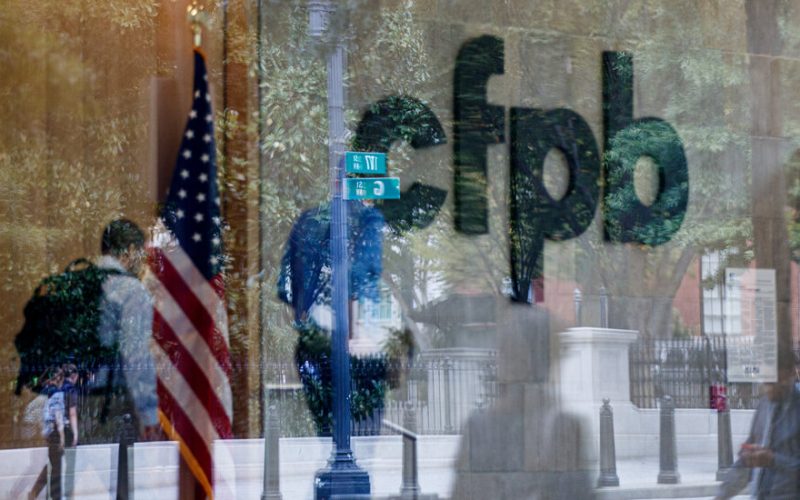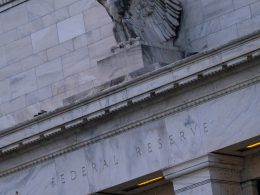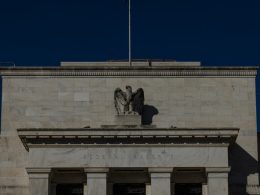Cash App, the smartphone payments tool that allows instant money transfers and is popular with young people, has made billions in profits for Block, the technology conglomerate run by the billionaire Jack Dorsey.
One way it was able to do that, according to settlements the company reached with federal and state regulators this week, was by making it virtually impossible for users to reclaim money lost in fraudulent transactions.
The Consumer Financial Protection Bureau said the company delayed refunds and misled its 50 million users about whose responsibility it was to pay back their claims. When users reported fraud transactions to Cash App, instead of investigating the matter, the company pointed them to their banks.
The federal regulator also said the company made it cumbersome for fraud victims to report claims, shuffling them between its website and a phone number with a recorded message instructing them to visit the website. The purpose, regulators said, was to exhaust customers so much that they eventually gave up.
The company encouraged its customer service workers to avoid resolving users’ fraud-related claims, and used two internal metrics — “win rate” and “stick rate” — to measure the proportion of charge-back requests it was able to avoid, according to a settlement it reached with the C.F.P.B. on Thursday.
Cash App, along with Venmo and Zelle, is part of the growing collection of peer-to-peer payments applications that allow individuals and businesses to transfer money. Cash App is particularly popular with Black and Hispanic users, as well as those younger than 50. Along with similar payment tools, it has long been subject to complaints about fraud and scams.
The actions this week were taken separately by 48 state attorneys general and the C.F.P.B., a federal agency that has been on a sprint of activity over recent weeks in the final days before President-elect Donald J. Trump’s inauguration.
Cash App will pay $80 million in fines to the states, $120 million to fraud victims and $55 million to the C.F.P.B. Federal authorities also imposed new requirements for Cash App to be more responsive to fraud claims, including by setting up a 24-hour hotline, which it had previously told users it operated but the authorities said was actually not the case.
Lena Anderson, a spokeswoman for Block, confirmed that the company had reached a settlement with state regulators but would not comment on the states’ charges against the company, which included failure to fend off illicit activity on the platform. Ms. Anderson said those matters were related to a “past compliance program.” She also said that the company disagreed with the C.F.P.B.’s assertions but “made the decision to settle this matter in the interest of putting it behind us.”
The company, Ms. Anderson continued, now operated multiple conduits for customer support and an “industry-leading approach to scams.”
Separately, Cash App agreed last year to pay as much as $2,500 to each user whose personal data had been stolen in breaches. Cash App earned $1.3 billion in gross profits in the third quarter, according to Block’s filings.
After the C.F.P.B.’s recent legal actions against peer-to-peer payment apps, two technology trade groups, TechNet and NetChoice, sued the agency in federal court Thursday for what they called an “unlawful power grab” in its policing of the industry. A C.F.P.B. spokeswoman did not respond to a request for comment on those allegations.








